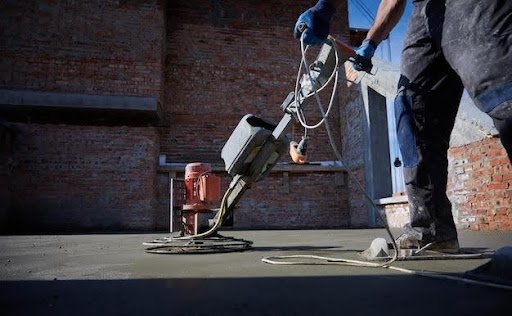4 Benefits of Concrete in Construction Projects
In construction projects, the incorporation of concrete offers multifaceted benefits. Concrete is beneficial in catering to the various aspects of building development. Construction projects can be achieved with a perfect blend of functionality and aesthetic appeal. Concrete structures are visually striking. They are also safe, enduring, and efficient. Concrete provides immense strength and durability to the structures. These structures can last for decades.
Here is a brief overview of the benefits of concrete in construction projects.
Concrete Offers Strength and Durability
Two of the most significant advantages of concrete are exceptional strength and durability. For a wide range of construction projects, it can be an ideal choice. Concrete can withstand immense loads and stresses. It can ensure that the structure will remain stable and secure. Concrete’s durability enables it to resist harsh weather conditions like heavy rainfall and intense sunlight. Over the needs of repairs, this durability can translate to significant cost savings.
Concrete is effective in meeting the demands of complex and challenging construction projects as well. You should consider concrete services if you want expert commercial construction. With unparalleled concrete strength and durability, builders can build high-rise buildings, bridges, or simple residential foundations.
Low Maintenance Requirements
Low maintenance requirements are one of the key advantages of concrete construction. Concrete is resistant to pests and molds, unlike other building materials like wood or steel. This is beneficial in eliminating the need for costly treatments, repairs, or replacements. Concrete is also impervious to water damage and staining. The risks of costly restoration work can be reduced to a significant extent in this way.
Furthermore, concrete structures are resistant to fading, discoloration, and wear and tear. The concrete’s lower maintenance requirements are helpful in reducing ownership costs and enhancing overall value.
Environmental Benefits and Sustainability
Concrete offers numerous sustainable benefits. It is often misunderstood that concrete is detrimental to the environment. However, in reality, concrete’s eco-friendly advantages are most significant to the environment. Concrete is made from locally sourced materials. This is beneficial to support local economies and reduce transportation emissions. Concrete’s thermal mass properties can minimize energy consumption by allowing it to absorb and release heat.
Concrete structures have a long lifespan and require less maintenance, repairs, and renovations. This results in reduced waste. These concrete’s sustainable benefits are helpful in promoting a healthier and more sustainable future.
Versatility in Design
One of the most significant advantages of concrete is its versatility in design and application. It allows builders, architects, and engineers to push the boundaries of creativity. Concrete can be molded and shaped into different geometries. This ability is used to create structures that are both functional and aesthetically stunning. Concrete can be finished in a wide range of colors and textures. It allows engineers and architects to bring their most ambitious vision to life.
Concrete’s versatility enables the creation of unique, customized designs. It empowers designers to experiment with new ideas and challenges. New levels of creativity and innovation can be unlocked by harnessing the concrete’s versatility.









